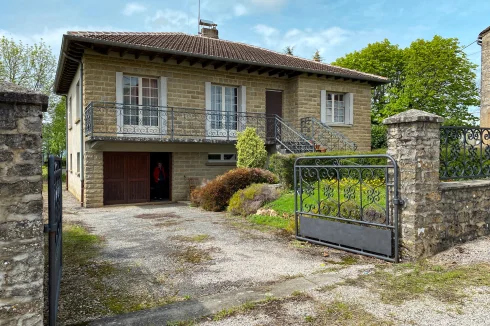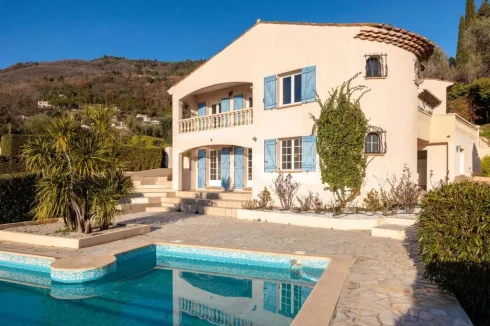Regulator Slams French Motorway Contracts
Friday 06 October 2017
The French road regulator has questioned the appropriateness of dozens of proposed motorway improvement projects and the generous terms of the contracts.
France is justifiably proud of its 9,000km of motorways, one of the most extensive and best maintained networks in Europe.
It is network that owes its development to the creation in the 1950s of off-balance sheet state controlled companies, who were granted untendered long-term concessions to build and run the motorways, with costs recovered through toll income.
Whilst it served its purpose at the time, over the past 40 years the model has gradually unraveled, as a combination of pressure from the European Commission and a public cash crisis obliged the government to privatise the companies, open up the market, and reduce the level of state funding.
However, the change was not without a price, for economic difficulties encountered by some of the companies in the 1980s resulted in further state intervention and significant consolidation in the industry.
Although appearances might suggest that there remain around 15 companies running the network, in reality it is controlled by three public infrastructure and construction groups, the largest of which is Vinci, which controls half of the network, run through several subsidiary companies - ASF, Cofiroute, Escota, Arcour and Arcos. The group Eiffage (APPR/AREA) control around 2,300km of the network and Spanish owned Abertis (SANEF/SAPN) around 1,800km.
Between them these companies share a market worth around €10 billion a year, generating annual net profits of over €2 billion.
The relationship that has existed between these sociétés concessionnaires and the state has always lacked a degree of transparency, a point strongly made by the state national auditor in 2013, who stated that the groups were too powerful and that the tariffs were not justified. They questioned the economic model on which the contracts were based, which granted an automatic increase in tariffs when any investment was undertaken by the companies.
As a result of this report, in 2015 the Loi Macron tightened up the regulatory framework, when responsibility for oversight of motorway network contracts was transferred to the rail regulator (Araf), who in 2016 became Arafer (Autorité de régulation des activités ferroviaires et routières).
To date, the regulator has published a handful of reports on proposed extensions to existing contracts and all cases they have posed questions concerning the necessity for all the works and/or the generosity of the terms of the contracts.
In a particularly severe recent report Arafer reviewed the terms on which seven concession contracts were to be modified by the addition of new infrastructure works to the existing network. These works would be undertaken on a negotiated basis with the motorway operator, without a tendering process.
The additional works concern 57 separate projects across the country, amounting to over €800 million, which are to be financed mainly by an increase in motorway tolls of between 0.1% and 0.4% annually over 2019, 2020 and 2021. In addition, there are grants from local authorities totalling €220 million.
The majority of these operations involve the construction or improvement of motorway interchanges (€484 million) and works to improve the network’s role in environmental integration, such as anti-noise barriers and wildlife crossings (€237 million).
Arafer do not mince their words in stating that they consider it was not appropriate for the motorway user to bear the financing costs with respect to 23 of these operations, representing approximately 34% of the total construction costs.
In some cases they considered the works corresponded to obligations already provided by the contracts, or that it had not been established that they were strictly necessary or useful for the operation of the motorway.
In analysing the costs of the works, the report states that for 17% of the total investment, costs were 10% higher than benchmark estimates; for 24% of the total investment the costs were 20% to 30% higher, and for no less than 41% they were over 30% higher. They considered that the projects were without any particular risk factor justifying such a favourable gap to the companies.
It concludes that “the proposed upward toll increase exceeds the fair level that it would be justified for users to pay”….. and….. “that the level of remuneration of concessionary companies should be more consistent with the risks borne.”
Consequently, it recommended a review of the terms of the contract prior to any signing.
Last month, reports in the French press suggest that the engagement with the operators is somewhat larger than was perceived, as in 2015 the government entered into a secret agreement with the operators for total investment of €3.2 billion, linked to increases in toll charges between 2019 and 2023.
Thank you for showing an interest in our News section.
Our News section is no longer being published although our catalogue of articles remains in place.
If you found our News useful, please have a look at France Insider, our subscription based News service with in-depth analysis, or our authoritative Guides to France.
If you require advice and assistance with the purchase of French property and moving to France, then take a look at the France Insider Property Clinic.





